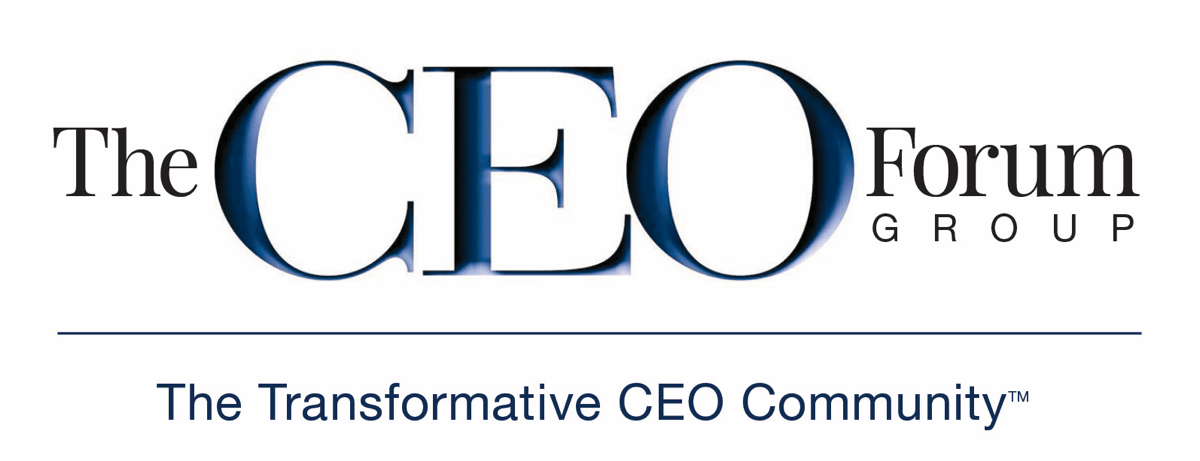Out of the estimated 48 million Americans living with some degree of hearing loss, only one in five wears hearing aids. The main reason? Cost. And these aren’t the only costs associated with hearing loss. Over the course of a lifetime, healthcare fees can add up to tens of thousands of dollars—or more. Here are tips to help you budget and plan for these expenses.
Find a health insurance plan tailored to your needs. Hearing aid devices usually range from $1,000 to $4,000 each and may require replacement roughly every five years. Many insurance companies do not provide full or even partial hearing aid coverage. Currently, only 22 states require insurance companies to provide hearing aid coverage for children, and only five states have provisions that include coverage for adults. Government healthcare programs such as Medicare offer little to no coverage, with the breadth of coverage varying from state to state for Medicaid.
If your current health plan does not cover hearing aids, an accredited insurance broker or agent can help you identify a plan that will work best for your situation and location. Make sure your agent represents several major insurers to ensure they are not incentivized toward selling you a specific plan.
Plan and budget to cover your healthcare costs. Plan for three types of expenses: fixed monthly premiums to your insurance company; routine out-of-pocket expenses (e.g., hearing devices); and unexpected costs (e.g., emergency room visits). In addition, make sure you understand all the costs included with your health plan, including deductibles, copays, co-insurance, and the out-of-pocket maximum. Once you’ve identified all these expenses:
Add up the cost of your fixed premiums and routine out-of-pocket expenses. Divide the total by 12 and aim to save that amount each month.
Open a separate medical emergency fund. You’ll want to start saving enough to cover your deductible and eventually, your plan’s annual out-of-pocket maximum. Consider opening a high-yield savings account, as they often have no fees and no minimum balance and offer higher returns than a typical savings account.
Ask your employer whether you’re eligible for a Health Savings Account (HSA) or Flexible Spending Account (FSA), both of which allow you to make tax-free contributions to save for medical costs. You may be able to use HSA or FSA funds to pay for hearing aid devices and hearing aid batteries. One key difference is that HSA funds automatically roll over from year to year, while FSA accounts have a use-it-or-lose-it provision.
If you’re raising a child with hearing loss, consider developing an estate plan to help ensure they are financially secure. A financial planner or estate planning attorney can help you navigate this complex topic and
develop a plan tailored to your financial situation as well as to your child’s needs. A trust, for example, can ensure your child’s inheritance is carefully managed according to your wishes. If your child is eligible for Medicaid or Supplemental Security Income (SSI), a special needs trust will ensure that he/she will remain eligible for federal benefits.
The costs associated with hearing loss can be overwhelming, but you don’t have to navigate them alone. A trusted financial professional can help you plan for these expenses or ensure your loved one’s costs are taken care of after you’re gone.
Matthew Phillips is a wealth adviser at Trilogy Financial, a privately held financial planning firm with advisers across the country. Based in Corona, California, Phillips partnered with RISE Interpreting and California Baptist University to deliver American Sign Language–certified translation, workshops, and other services to better serve his clients. For more, see trilogyfs.com. This article originally appeared in the Spring 2019 issue of Hearing Health magazine.
For references, see hhf.org/spring2019-references



